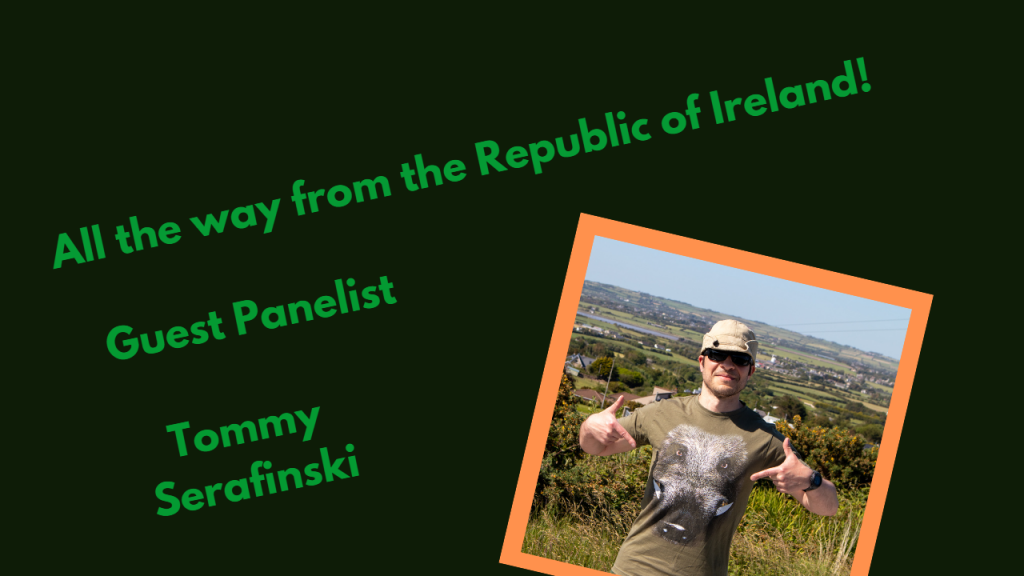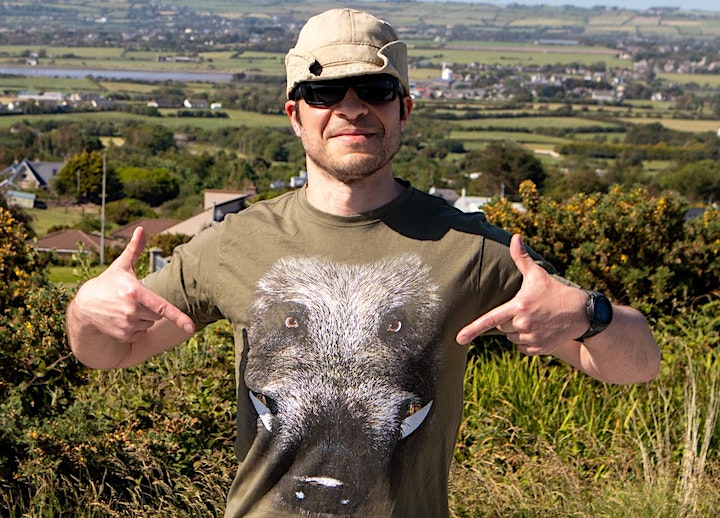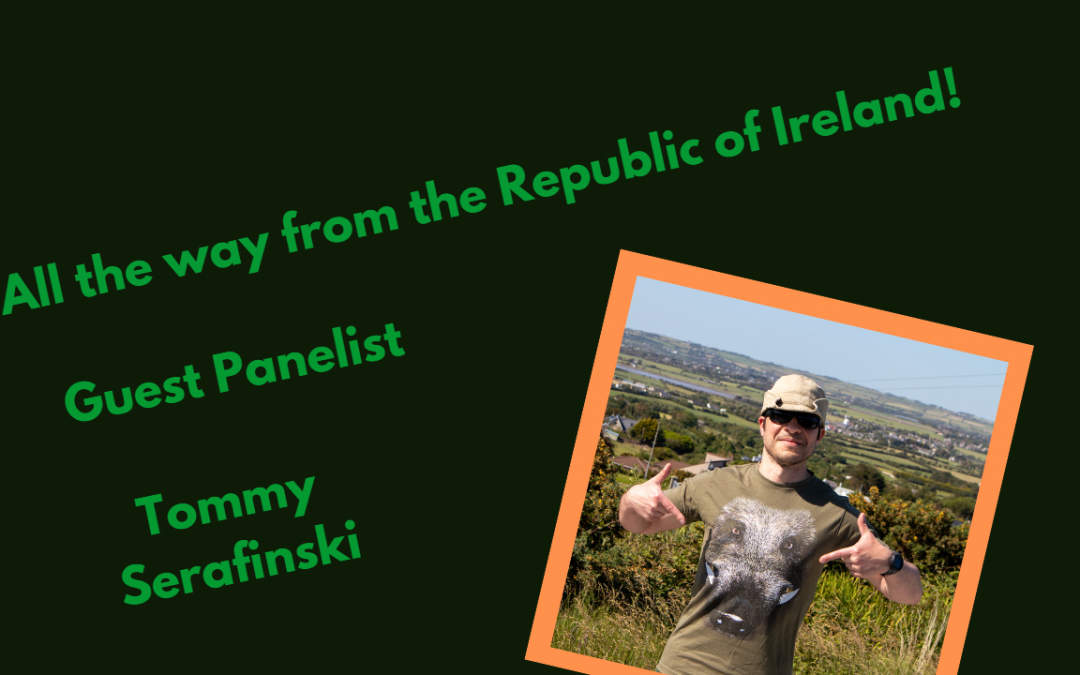Not a bad title to resurrect our blog with.
In the run up to the next Environmental Debate Live & Unscripted which will be held at the former Bothy Vineyard in the Oxfordshire village of Frilford Heath on the 27th May 2023. This is the live and unrecorded incarnation of The People’s Countryside Environmental Debate Podcast which takes the format and expands it, making it more experiential when set in front of a live audience. We’ve invited one of the panelists, Tommy Serafinski, to write a short piece on his thoughts around the subject he will be discussing with the full involvement of the audience.
This is the question Tommy will be looking to explore; Is it possible to continue consuming meat while taking care of the environment, being self-sufficient and having ethical and animal welfare issues at the forefront of your mind?
Here are his thoughts;

Animal Welfare and the Environment: Is Meat Consumption Still Possible?
“Nutrition and meat consumption are probably two of the most controversial subjects on the entire Internet. I’m really not sure how we arrived at this point, but here we are. So, before I share some of my thoughts about these subjects a few disclaimers are due. First, I don’t pretend to have a societal solution for balancing meat consumption with animal welfare and environmental concerns. My considerations are very much on an individual level. Moreover, I acknowledge that they might not be relatable to every individual depending on many factors. Second, I have no intention of changing anyone’s mind in relation to their diet or ethical choices. However, if you are still undecided about the ethics of eating meat and seeking answers and solutions, this blog might be helpful and give you a few ideas.
There is no doubt that animal farming, especially on an industrial scale, can create a number of animal welfare issues. I will not dive into them in this blog and for those interested in exploring this subject further, I recommend an excellent book “Treated Like Animals: Improving the Lives of the Creatures We Own, Eat and Use” by veterinarian and naturalist Alick Simmons who I interviewed on my podcast. Such intensive farming, sometimes referred to as “factory farming”, can also pose several serious environmental problems. Direct and indirect wild habitat destruction is the major one. This is a leading cause of biodiversity loss due to landscape changes and pollution. These are well-documented facts and are commonly used by those arguing that we should limit our meat consumption or stop it altogether.
Another piece of the puzzle in this debate is nutrition. Nutrition is still a very young discipline, compared to well-established ones like chemistry, for example. It is immensely complex and still insufficiently understood. There is a whole slew of peer-reviewed research with contradicting findings. At this point, there is not enough research on this subject and the data points examined in most of it are only a limited selection of what’s available. So, short of being a zealous proponent of one point of view while ignoring the other, we have to take a common sense approach and use the best available science as much as we can.
So, is it possible to continue consuming meat while taking care of the environment and having ethical and animal welfare issues at the forefront of your mind? I am convinced that the answer is “yes”. However, I am open to discussing this point. To hear my views on this topic, ask questions and perhaps challenge my opinions, come over to the Environmental Debate Live & Unscripted at The Bothy Vineyard in Oxfordshire. The tickets are selling out fast, so hurry up if you don’t want to miss it.

We also expanded on this further when we chatted with him about his appearance as a guest panelist, talking about what he expects the audience, and himself to gain from this event. You can find this video with the following link: Is It Possible To Eat Meat Ethically?
We’d like to thank Tommy for his words, and look forward to seeing him and you at the former Bothy Vineyard where you can expect the following:
- 3:30pm-4:30pm Guided Walks (Optional).
- 5pm-6pm Interactive conversation with guest panelists.
- 6pm-6:15pm Interval.
- 6:15pm-7:15pm Interactive conversation around audience question + interactive sharing experience.
- 7:15pm-9pm Buffet meal for continued conversation (Optional).
Tickets available until 12pm on the Thursday 25th May https://www.eventbrite.co.uk/manage/events/514832145807/tickets


Recent Comments